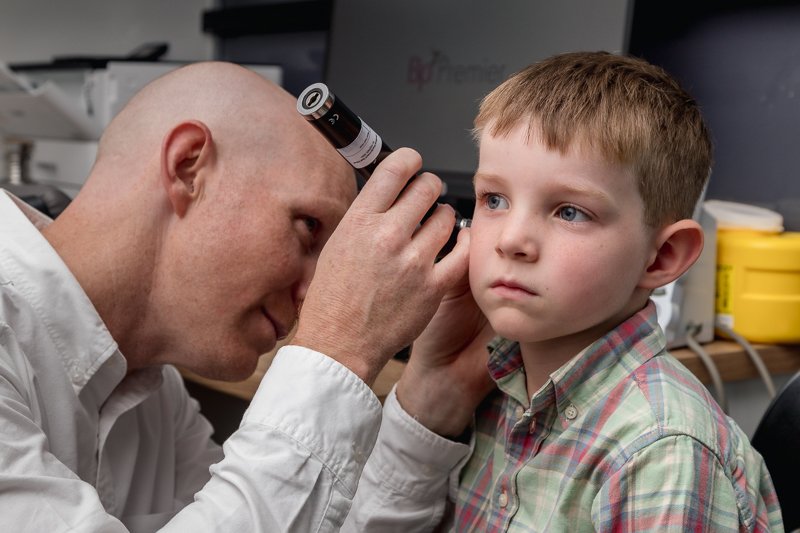At a teenage level, the state of mental health is, arguably, more important than it will be at any other stage of life. During this period, teenagers begin shaping the course of their lives. They make decisions, connections, and choices that determine who they turn out to be.
Given the profound physiological and chemical changes taking place, teenagers are more vulnerable to external stimuli. It is during this time that individuals may begin experiencing drastic mood changes and even emotional disturbances.
You may find yourself worrying about your child, especially if they’re displaying troubling behaviour. This is made worse by the fact that it can be hard to communicate with teenagers.
How puberty affects your child’s mental health
Medical evidence tells us that during puberty, a teenager’s mental health is affected by various hormonal, physical, sexual, social, cognitive, and neurological changes.
The limbic system and the amygdala, both of which are buried deep inside the brain, regulate emotions and rewards. While these develop relatively early on, the parts of the brain responsible for planning, reasoning, decision-making, and discipline - the frontal lobe - is developed much later. This is a possible explanation for why teenagers are largely dominated by their emotions and prone to hasty and compulsive decisions.
Apart from this, they may also begin experiencing the true highs and lows of schooling and education, friendships and romance, and the pressure of the future.
Together with the overwhelming changes taking place in teenagers’ bodies, these social and emotional forces can lead to both positive and negative changes to your child’s mental health.
What you need to consider
Sleep
If you’re not sure whether it’s puberty that’s changing your child or a mental health condition, one of the first things you need to ask yourself is whether he or she is sleeping too much.
It’s common for teens to stay up late and sleep-in, they need between 8 to 10 hours of sleep every night. That being said, if your child is sleeping 12 or more hours on a regular basis, this could indicate that something is amiss. Too much sleep can be a symptom of hypothyroidism or depression.
Low self-esteem
The teenage years can be brutal on an individual’s self-esteem. If your child is displaying any sign of anxiety and depression, this could be a result of poor self-esteem.
To prevent this as far as possible, try and have candid conversations with your child about the importance of a positive self-perception. Pay close attention to how they talk about themselves, if they regularly put themselves down this is a sign of low self-esteem. We also recommend praising and recognising their efforts when they do something right.
Suicidal thoughts or self-harm
Teenagers who experience either suicidal thoughts or self-harming tendencies may, in all likelihood, be suffering from a mental health condition. As such, it is important that parents keep an eye out for this kind of behaviour.
Be wary of statements like “I wish I was never born”, “Things would be better if I wasn’t around” and other concerning sentiments like that. Here, communication is extremely important. You can give your child the support he or she needs through mental health support groups, direct counseling or even hotlines.
Risk-taking behaviour
Teenagers with depression or low self-esteem may not care too much about themselves. This can manifest itself in the form of dangerous risk-taking including substance abuse, dangerous stunts, and other concerning behaviours.
While some component of this may have something to do with mimicking their friends, at a certain point, it can become a distressed cry for help.
Self-isolation
While teenagers prefer greater independence as they hit puberty, too much independence or isolation could be a sign of a mental health condition. Teens who identify as LGBTIQ (Initialism of lesbian, gay, bisexual, transgender/transsexual, intersex and queer/questioning) may be at risk of further harassment and discrimination.
At the heart of self-isolation is low self-esteem. Make sure that you uplift your child by offering genuine compliments and praise, refrain from pressuring them about being perfect in school.
Drugs and alcohol use
While experimenting with drugs and alcohol is considered a somewhat standard part of teenage life, substance and alcohol abuse could indicate serious emotional or mental disturbances.
Observe your child’s behaviour and take note of concerning patterns.
Eating habits
While eating patterns and appetite can fluctuate during puberty, it shouldn’t be too drastic. If you notice your son or daughter skipping meals, have gained or lost weight in the absence of a reasonable explanation, and are experiencing drastic appetite changes, this could be a sign of a mental health condition.
How I can help my child?
Some of the biggest things you can do to help your child at this stage are by understanding that their experiences are different from yours, being supportive, and listening if they need someone to talk to.
If you have concerns about your child’s mental health, it’s crucial to seek professional help.
How can we help?
At Peregian Family Medical Centre, our goal is to provide your family with the support you need. We can provide a mental health consultation where yours and your child’s concerns will be heard and assessed.
To make an appointment phone 5471 2100 or click here to make an online booking.
Is it puberty or mental health? - blog sources
How puberty affects your child’s brain
Risk-taking behaviour
Eating habits
How can we help?
Health Direct
Hypothyroidism
Depression






